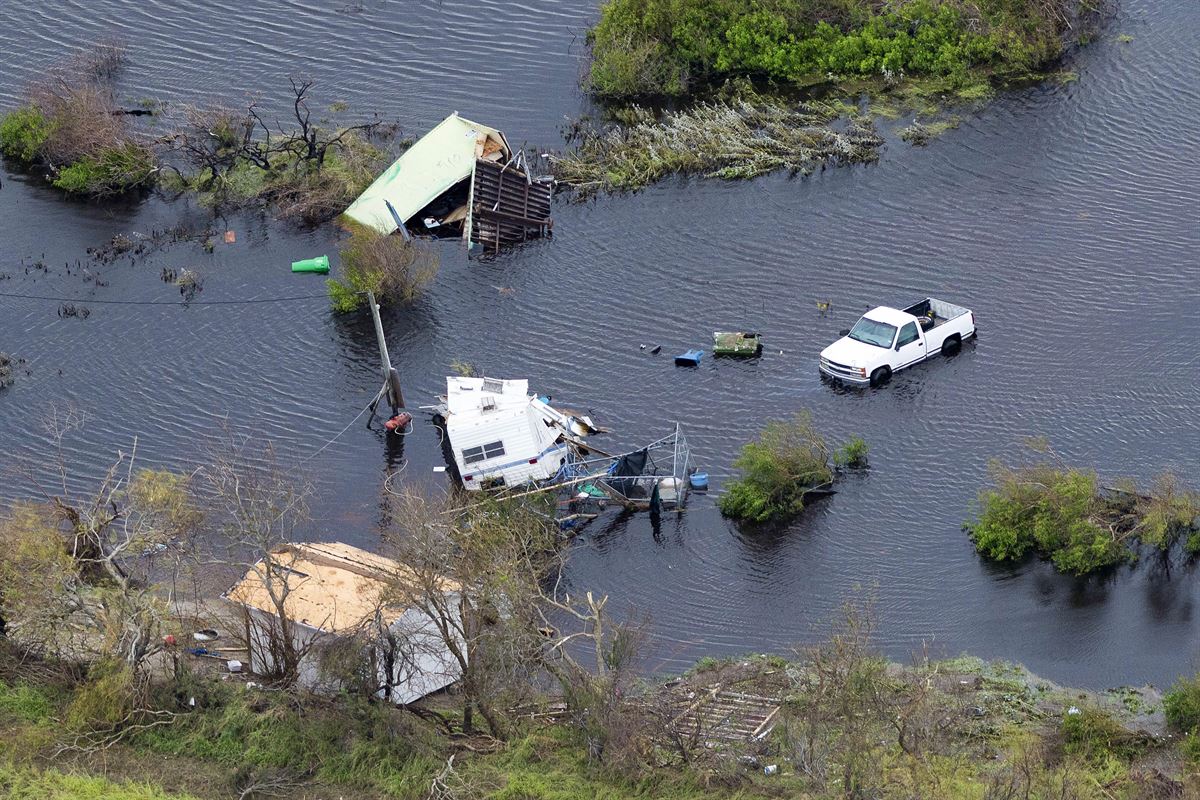The Sabin Center’s newest publication, Legacy Liabilities for Oil and Gas Wells under the Mineral Leasing Act, examines the laws and regulations that allow the Bureau of Land Management (“BLM”) to pursue the prior owners and operators of oil and gas wells on federal land for the costs of plugging those wells, removing other infrastructure, and generally “cleaning up” at the end of operations. These costs, which we refer to as “legacy liabilities,” are meant to be paid by oil and gas operators but, in recent years, have increasingly fallen on taxpayers as operators have skirted their legal requirements. Our new report documents the history of legacy liabilities on the BLM-managed land, highlights key gaps in the MLA’s legacy liability rules, and recommends reforms to the laws governing well-plugging and other clean-up on federal land.
Background
The federal government is the largest landowner in the United States. The bulk of federal land is controlled by BLM, an agency within the Department of the Interior (“DOI”) that manages more than 245 million acres or approximately 10% of the land in the United States. Below the ground, BLM’s authority extends even further, with the Bureau controlling around 700 million acres of minerals. That is equivalent to roughly 30% of the onshore mineral resources in the United States.
The enormous scale of oil and gas production on federal land has created a similarly enormous demand for environmental remediation. In the United States, the owners and operators of oil and gas infrastructure often have obligations “to clean up after themselves — to remove their installations at the end of their useful lives and make their abandoned sites safe.” These obligations are set out in statutes and regulations that are often referred to generally as “environmental repair laws.”
Over the past century, Congress and DOI have established a complex set of environmental repair laws that govern oil and gas production on federal land. While these laws primarily target the current owners of oil and gas wells, they also allow BLM to pursue the former owners and operators of these assets for unpaid environmental repair costs—a form of prohibition regime known as “trailing liability.” However, BLM has sometimes struggled to enforce these environmental repair laws, resulting in thousands of abandoned and gas wells that pose major risks to the environment and the public. In recent years, as the federal government has been forced to spend hundreds of millions of dollars towards cleaning up these “orphaned” wells, even though oil and gas operators should have footed the bill..
Enforcing Legacy Liabilities on BLM-Managed Land
The Sabin Center’s new report, Legacy Liabilities for Oil and Gas Wells under the Mineral Leasing Act, examines the laws and regulations that allow BLM to pursue the prior owners and operators of oil and gas wells on federal land for the costs of environmental repair. The report begins with an overview of oil and gas leasing on federal land, the environmental hazards posed by idled, abandoned, and orphaned oil and gas wells, and the challenges well abandonment has posed for BLM. The report then goes on to discuss the statutes and regulations that create legacy liability for oil and gas well-plugging obligations, and the way that BLM’s legacy liability laws have been addressed by the courts. Finally, the report highlights key gaps in existing legacy liability rules, and offers high-level suggestions to reform the environmental repair laws governing well-plugging on federal land.
The full report, Legacy Liabilities for Oil and Gas Wells under the Mineral Leasing Act, is available here.
This report was authored by:
Martin Lockman, Climate Law Fellow at the Sabin Center for Climate Change Law and Associate Research Scholar at Columbia Law School.
Ashwin Murthy, Negative Emissions Fellow at the Sabin Center and a Postdoctoral Research Scholar at Columbia Law School.
Romany M. Webb, Deputy Director of the Sabin Center, Research Scholar at Columbia Law School, Adjunct Associate Professor of Climate at the Columbia Climate School, and Senior Advisor on Climate Science at the Columbia Graduate School of Journalism.
Martin Lockman is the Climate Law Fellow at the Sabin Center for Climate Change Law
-
Martin Lockman
-
Martin Lockman
Romany Webb is a Research Scholar at Columbia Law School, Adjunct Associate Professor of Climate at Columbia Climate School, and Deputy Director of the Sabin Center for Climate Change Law.
-
Romany Webb
-
Romany Webb
-
Romany Webb
-
Romany Webb
-
Romany Webb
-
Romany Webb
-
Romany Webb
-
Romany Webb
-
Romany Webb
-
Romany Webb
-
Romany Webb
-
Romany Webb
-
Romany Webb
-
Romany Webb
-
Romany Webb
-
Romany Webb






